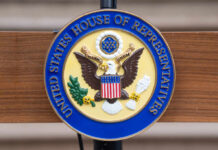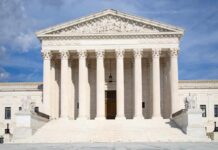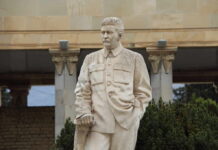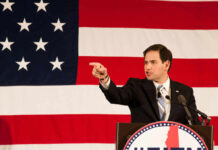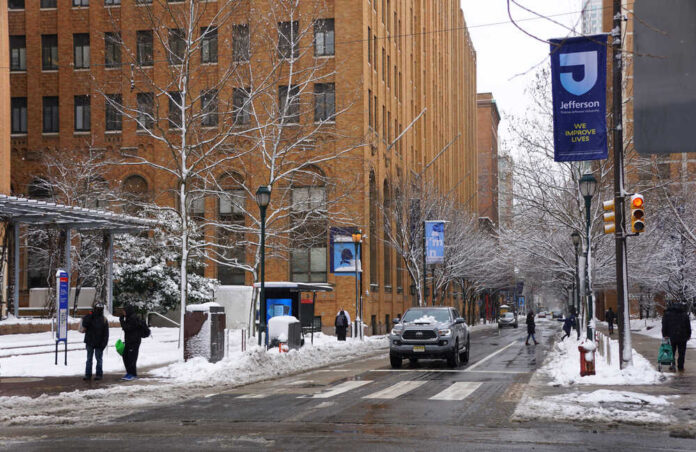
Thomas Jefferson University President Mark Tykocinski has recently come under fire for using his Twitter account to “like” tweets that challenge the mainstream narrative on COVID-19 vaccines, gender reassignment surgery, and diversity offices on college campuses. In response, Joseph G. Cacchione, the CEO of the university, expressed his disappointment in Tykocinski’s “careless use” of his Twitter account and reminded him that he should be held to a higher standard.
Thomas Jefferson University, founded in 1824, is historically known for its world-class health sciences, architecture, design, and business education. Situated in the bustling city of Philadelphia, the university once thrived on academic innovation and interdisciplinary collaboration. However, in recent years, the campus has been increasingly affected by modern progressive politics, which has inadvertently led to a stifling of diverse opinions.
Although the institution still ranks highly nationwide for its progressive campus, the atmosphere has shifted to a more polarized environment. As a result, open discussions and intellectual freedom have become somewhat restricted, diminishing the vibrant exchange of ideas that once characterized the university’s inclusive culture.
This is absurd. Shame on the CEO and board of trustees of Thomas Jefferson University!
— Elon Musk (@elonmusk) May 2, 2023
Tykocinski, a Yale-educated molecular immunologist, has been with Jefferson for 16 years and was promoted from provost to president in July 2023. In an attempt to quell the controversy, Tykocinski explained that he “liked” the tweets to bookmark them, intending to learn more about the subject matter or the particular viewpoint. He stated, “What I did not understand was that by liking a tweet, it could be interpreted as an endorsement of the thought expressed or the person expressing it. I certainly had no intention of endorsing the content of individual tweets or the person tweeting.”
Despite this clarification, Tykocinski has faced public criticism, and the university is reportedly treating the situation as a “teaching moment.” Patricia D. Wellenbach, chair of the Thomas Jefferson University board of trustees, said the situation is receiving the board’s full attention.
What a stupid world we live in https://t.co/DSYJDijKqJ pic.twitter.com/xmMejEQsDD
— The Dank Knight 🦇 (@capeandcowell) May 2, 2023
This incident raises questions about academic freedom and intellectual curiosity’s true meaning. The university may be inadvertently stifling open-minded inquiry by condemning Tykocinski for merely bookmarking controversial tweets to learn more about the subjects.
Furthermore, this controversy highlights the growing polarization and lack of tolerance for diverse opinions in American society. We must remain open to civil discourse and allow for the free exchange of ideas, especially in academic institutions where the pursuit of knowledge is a core value.
As a society, we should encourage open-mindedness and the pursuit of knowledge, not punishing individuals for attempting to learn more about different viewpoints. We can grow as individuals and as a nation through understanding and engaging with different perspectives.


